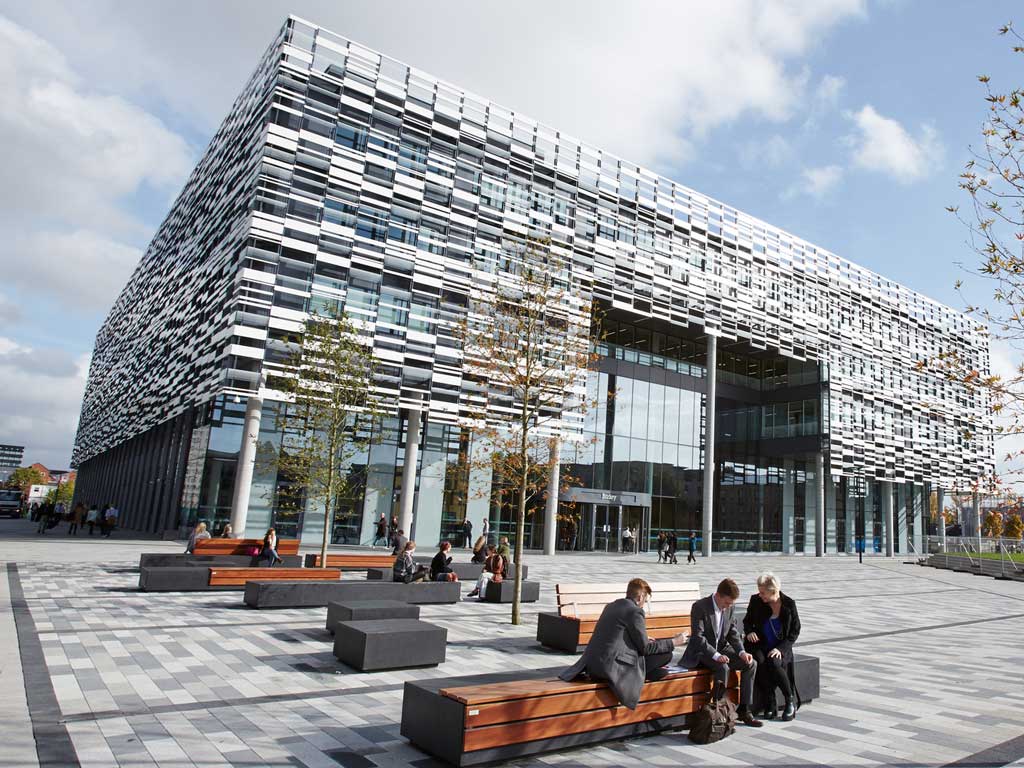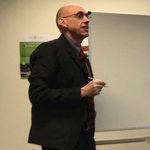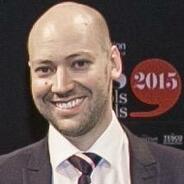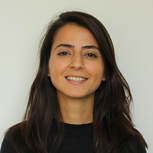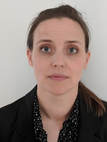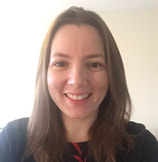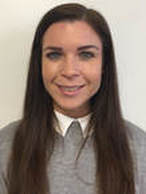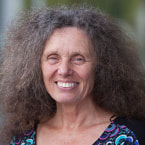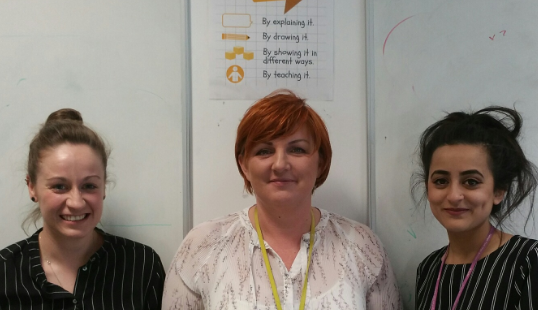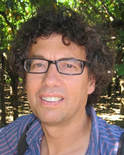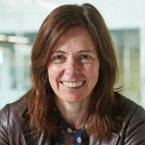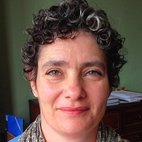|
Brooks Building Campus
53 Bonsall Street Manchester M15 6GX |
Mixed Attainment Maths Conference 4
|
On the 16th June 2018 we held the fourth mixed attainment maths conference. Workshops were organised by people who are currently teaching, or who have taught mathematics in mixed-attainment classrooms. The workshop presentations and resources can be found below,
'With respect to making accessible the deep structure of any given discipline, I think the rule holds that any subject can be taught to any child at any age in some form that is both honest and powerful. It is a premise that rests on the fact that more complex abstract ideas can in fact be rendered in an intuitive, operational form that comes within reach of any learner to aid him (sic) towards the more abstract idea yet to be mastered.'
Bruner, J. S. (1972), The relevance of education, Trowbridge: Redwood Press Ltd
Bruner, J. S. (1972), The relevance of education, Trowbridge: Redwood Press Ltd
Andrew Blair
Developing self-regulation in Inquiry Maths classrooms
This session is for teachers who have used Inquiry Maths prompts or attended an introductory session and want to find out more. It looks at how we can develop student agency in directing inquiry and how we can negotiate appropriate aims and pathways. We consider the central role played by the Regulatory Cards as a mechanism for developing self-regulation in all students. Andrew is the leader of a mathematics department in Camden. @inquirymaths
Tom FrancomeTransitioning to mixed attainment mathematics
Grouping pupils according to some notion of fixed ‘ability’ does not appear to be an effective strategy for raising attainment but remains steadfastly popular in the UK. This session will outline the whys and wherefores of transitioning to all attainment groups in mathematics and some of the practicalities about how the change happened in one department. We will discuss some of the outcomes, some of the barriers such as limited experience of mixed-attainment teaching and some of the positive benefits in relation to pupil and teacher beliefs and attitudes as well as looking at some examples of a sequence of lessons. Feel free to bring questions. Tom is a mathematics teacher and Lecturer in Secondary Mathematics at the University of Birmingham.
@TFrancome Mike OllertonFractions and decimals for KS2 - KS3 A multi-resource workshop
Mike's workshop will offer a range of tasks about Fractions and decimals for use in KS2 and KS3 classrooms. Each task will draw upon different types of manipulatives including Cuisenaire, dice, paper folding and if time allows a spot of dancing... Michael is a Freelance mathematics education consultant. @MichaelOllerton
Pete WrightAlba FejzoTiago CarvalhoChallenging inequity in mathematics classrooms KS2 - KS4
This is a practical workshop based on ideas from a small-scale research project at Stoke Newington School (London) involving an academic researcher and two teacher researchers. By making teachers’ pedagogical rationale more visible to learners, the project explores how to enable all students (particularly those from disadvantaged backgrounds) to make the most of opportunities provided by adopting progressive teaching approaches in mixed attainment mathematics classrooms. Pete Wright is a teacher educator at the Institute of Education UCL
@PeteWrightIOE Tiago Carvalho is a mathematics teacher at Stoke Newington School. Alba Fejzo is a mathematics teacher at Stoke Newington School. |
Elizabeth BridgettMixed attainment mathematics & Mastery
Mathematics Mastery’s vision is for all students to enjoy and succeed in maths regardless of their background. In this workshop we will look at how using a Concrete Pictorial Abstract approach can be used to both support and challenge secondary school students. We will be doing lots of maths during the session and we will consider how this approach can strengthen conceptual understanding and develop problem solving in all students. Elizabeth is the Secondary Development Lead for Mathematics Mastery
Helen Hindle
Practical approaches for teaching mixed attainment mathematics classes
KS2 - KS4 I often get asked, as a teacher of mixed-attainment mathematics classes, "How do you manage to ensure all students are both challenged and supported?" In this workshop, I will share examples of strategies and tasks I frequently use to seek to achieve these outcomes. I will also explain how I use Learning Journeys to support students to select tasks at an appropriate level of challenge. Helen is the leader of a mathematics department in Rainham, East London. @helenhindle1
Emma RouseInquiry Maths and mixed attainment classes KS2 - KS4
Inquiry Maths is an exciting and creative model of teaching mathematics that has been used effectively in classrooms around the world. Devised and developed in mixed attainment classrooms, it encourages students to regulate their own activity while exploring a prompt. An Inquiry Maths lesson starts with students' questions and conjectures and might involve a class, for example, on diverse pathways of exploration or in seeking an explanation. The unity of purpose within an inquiry guarantees inclusiveness, cohesion and equity as all contributions add to the findings of the class. Participants at the workshop will experience the excitement, unpredictability and creativity of classroom inquiries. Emma Rouse is a Lead Practitioner of Mathematics at a school in Rainham, East London.
@Emmaths1618 Sue PopeLearning mathematics with Origami KS2 - KS3
Paper-folding is an accessible and enjoyable way to develop mathematical understanding of a range of topics. As well as mathematics, it helps develop personal skills too. Sue Pope was a member of the ATM General Council and worked at Manchester Metropolitan University as an Associate Head of the School of Teacher Education and Professional Development. Sylwia Glazewska & Gill MunroCollaborative planning for mixed attainment classes KS2 - KS3
This workshop will be sharing the inclusive and collaborative approach taken to planning and delivering Year 7 and Year 8 mathematics lessons to mixed attainment classes. We will begin the workshop by sharing the journey of our faculty at Falinge Park High School in implementing mixed attainment teaching. You will then be invited to take part in a rich task(based on ATM resources), experiencing how a carefully planned task will support a learning environment where learning is not only accessible but encourages deep thinking for all learners. Sylwia Glazewska is Head of Mathematics at Falinge Park High School
@sgmathsteacher Gill Munro is a teacher of Mathematics at Falinge Park High School. |
Gareth EvansAsking powerful questions in the mixed attainment classroom
In this workshop I will show how I encourage discussion and reasoning through asking the right questions at the right time, together with low entry / high ceiling tasks. Gareth is a mathematics teacher in Tarleton, Preston.
@MrE_Maths Jeremy HodgenWhy teach in mixed attainment classes? Lessons from research.
KS2 - KS4 I will discuss why and how to teach in mixed attainment groups with a particular focus on research evidence. I will draw on the work and award-winning materials of the Best Practice in Grouping Students study. Jeremy is a Professor of Mathematics Education at the Institute of Education UCL
@jeremyhodgen Tom WatsonDeveloping reasoning in the mixed attainment classroom
In this workshop I will discuss how I use open ended problems to develop reasoning with mixed attainment classes. I will also share my experiences of teaching mixed attainment classes in my NQT year and how I use Variation Theory and minimally different questions with my mixed attainment classes. Tom Watson is a mathematics teacher at a secondary school in Rainham, East London.
@Thomwhatsun Susan HoughRealising your students’ potential through a Realistic Maths Education approach
KS2 - KS4 The Realistic Maths Education (RME) approach helps students at all levels to move from contexts they can imagine, through models and strategies they can make sense of, to a formal mathematics, which consequently holds more meaning for them. In this session, we consider a variety of contexts and the multiple strategies that students use to work within them, focusing on how teachers can manage these in a mixed attainment classroom. We will also describe how our latest project (funded by the Education Endowment Foundation) aims to develop these approaches with Key Stage 3 students, and how interested schools can get involved. Sue Hough is a Senior Lecturer in Mathematics Education at Manchester Metropolitan University
@realisticmaths Zebedee FriedmanPlenary & Panel
Zebedee will be hosting the closing session in which delegates will be given the opportunity to discuss and reflect on their chosen workshops. Delegates will also be given the opportunity to put questions to a panel of teachers, all of whom are leading their departments towards mixed attainment classes. These questions can be about the ‘nuts and bolts’ of change or more ideological in nature. Information about who will be on the panel will be published nearer the conference date. Zebedee is a mathematics teacher in Wales and a mathematics education consultant.
@zebfriedman |
